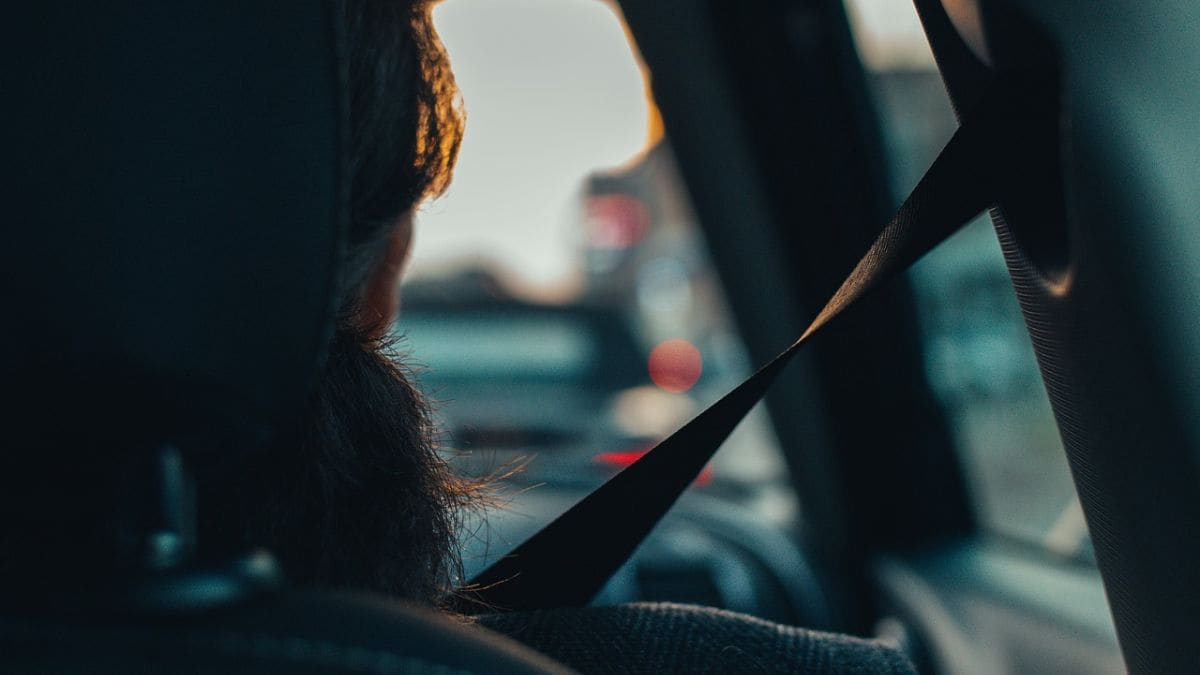Revolutionary Biosensor Technology Set to Transform Road Safety

A groundbreaking breakthrough in biosensor technology has made headlines, with researchers from the National University of Singapore and Tsinghua University developing a revolutionary device that can monitor stress and alertness in drivers and pilots in real-time.
The innovative seatbelt-integrated device, detailed in Nature Electronics, uses advanced engineered materials to track heartbeat and respiration without needing direct contact with the skin, promising to enhance safety in vehicles and aircraft by gathering reliable cardiopulmonary data in dynamic environments.
According to Xi Tian, co-author of the study, the device's unique design incorporates conductive threads in a comb-shaped pattern embroidered into the seatbelt, which enables radio waves to interact with the user's body while minimizing environmental interference such as vibrations from moving vehicles.
Real-world testing, carried out in both a car and an airline cabin simulator, revealed the biosensor's remarkable ability to conform to the user's body and detect physiological signals in challenging conditions. The device maintained accuracy even during a 1.5-hour vehicle route in Singapore and identified heart rate variations in an aircraft setting, enabling sleep-wake detection.
The research team plans to refine the technology for mass production, focusing on compact and cost-effective designs that can be seamlessly integrated into transport systems.
Collaborations with automotive manufacturers are also underway to validate the system in real-world applications, while further development of algorithms to interpret data for fatigue and stress assessments is being explored.
This revolutionary biosensor has the potential to become an essential safety feature, preventing accidents by ensuring drivers and pilots remain vigilant and alert. As such, researchers are optimistic that this technology will revolutionize road safety and contribute significantly to reducing the number of accidents on our roads and in our skies.
